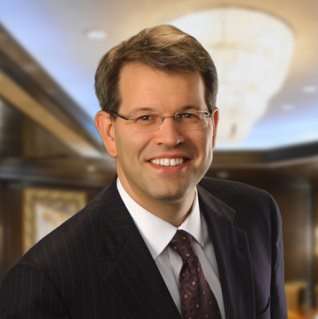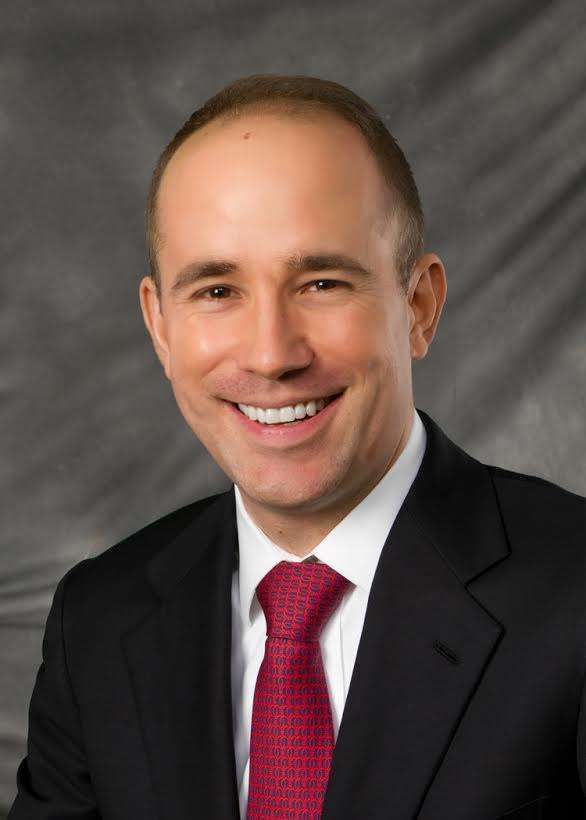The Other Side Speaks: Defending the Accused at Campus Rape Trials
Two lawyers provide an in-depth look at their clients' frustrating struggle for fairness


Here's one way it happened.
A young man—a freshman at a university—was excited to attend his first college social event. Let's call him "Mike." He met a girl—a fellow freshman—at the party. We'll call her "Beth." After drinks, they danced, made out, and headed back to his dorm room. With some gentle encouragement, she agreed to perform oral sex on him. Afterward, they chatted about campus life and parted amicably.
Here's another.
Beth blacked out for a while; after she regained consciousness, she found herself on her knees doing something for Mike that she had never agreed to do. She tried to stop, but he pushed her down, giving her no choice but to continue.
Whose recollection was correct? That's the question that bedevils countless people charged with meting out justice in similar cases at college campuses all over the country—where a curious interpretation of federal law has increasingly tilted the burden of proof against the accused, who must demonstrate their innocence at university-run rape trials that play by a different set of rules.
In this case, Beth filed for just such a trial—several years after the alleged incident. Mike called a lawyer as soon as he knew was in trouble. That was a good move, his counsel told Reason.
"It is hard to overstate the importance of hiring a lawyer as soon as you find out that you are charged," said Justin Dillon, a partner at the law firm of Kaiser, LeGrand & Dillon PLLC, who represented the male student. "The creative ways that the colleges will think up to screw the student will blow your hair back."
Dillon is a former Assistant U.S. Attorney and Harvard Law School graduate; Matt Kaiser, one of his partners at the firm, graduated from Georgetown University Law School and now teaches there. White collar defense attorneys by trade, they also represent dozens of accused students in college sexual assault disputes. They have found that the skills they honed defending businessmen from litigation, government investigations, and fraud accusations translate well to helping accused students navigate the complexities of campus rape trials. And while white-collar criminal defense remains their firm's primary mission and source of income, the federal government's ever-mounting pressure on universities to punish accused rapists—with little regard for due process—has made for an enterprising side business defending students from a breathtakingly unfair adjudication process.
Kaiser and Dillon spoke with Reason about some of the cases they have handled, trends in college sex disputes, and the desperate tactics some administrators have pulled to score convictions. Their perspective represents just one side of the story, of course—but it's a perspective deserving more attention than it has received in these days of heightened interest in the campus rape crisis. What's clear from talking to them is that the raging debate over the proper way for universities to deal with rape won't ever be settled until someone ill-treated by the bizarre process takes the issue to federal court.
—
Accused rapists might seem like a hard lot to defend—the kind of client that prompts a lawyer to hold his nose and do his job despite personal feelings of loathing. But many of Dillon and Kaiser's clients elicit just as much sympathy as the women accusing them of sexual violence. Despite the image of the college rapist as a creature of pure, sociopathic malevolence and privileged, conservative misogyny—like Jackie's rapist in Rolling Stone's (now debunked) University of Virginia gang rape accusation, or Lena Dunham's rapist in her seemingly semi-fictionalized memoir—many of Kaiser's clients see themselves as "soft" guys and self-described feminists.

"They are the kinds of young men who you'd expect to go to a Take Back the Night rally," said Kaiser. "They tend to be pretty liberal, sensitive guys who get called when somebody is drunk at a party and need to be escorted out. So when they are accused of this it's really a blow to their self-conception."
And while it's certainly true that high-profile members of campus face accusations, most of their cases concern students with little social standing on campus.
The accusers, on the other hand, have more resources than ever to help them deal with the trauma and sort out what to do next. University women's centers—which have grown in prominence over the last few decades—often fill that niche. That's a good thing, of course—women who suffer sexual violence should be able to get counselling, medical help, and legal advice from their universities, said Dillon.

"It's fantastic that there is now an infrastructure built up around helping take care of and providing resources for women who are victims of sexual assault," said Dillon. "That is a wonderful, wonderful thing."
But women's centers often do much more than provide counseling to victims of assault; administrators and faculty involved in the centers also frequently play a role in the adjudication of sex crimes. Dillon and Kaiser have handled cases where, after lengthy background checks, they discovered that an administrator charged with determining an accused student's guilt was involved at the women's center. The sort of university staff member who signs up to be part of a rape tribunal is often the sort of person motivated to take a strong stand against sexual violence: gender studies professors, women's centers devotees, etc. Fewer faculty members agree to participate merely because they are devoted to the concept of due process.
When it comes to establishing whether an incident counts as rape, university tribunals often face the impossible task of deciding who was the true initiating party. If both students are equally drunk, and neither resisted the other, who is the rapist? Unfortunately, as Dillon and Kaiser have observed, a "tie" seems to go to the woman. Kaiser said he once had a conversation with a female administrator who claimed that the penetrating person—the man—was the initiator. This held true in her mind even if the woman was on top, and even if the man was performing oral sex on the woman. He was, after all, still penetrating her.
"It's almost a Victorian notion of women's sexuality," said Kaiser. "[Women] are unable to be the actor. They are always acted upon in sexual relationships."
Alcohol abuse further complicates the picture—and further tips the scales of justice against the man. Some university tribunals have ruled that women who explicitly gave consent were nevertheless raped because they were too intoxicated to consent to sex at all. Occidental College, for example, expelled a male student for having sex with a woman who had clearly given consent and partly instigated the encounter. The fact that she had been drinking heavily negated that consent. His drinking didn't help his case, however. In fact, at many universities, drunkenness is an aggravating factor that counts against the accused.
—
Procedures that seem discriminatory toward males on their face are, ironically, the result of a federal agency misinterpreting a law designed to eliminate gender discrimination in higher education: Title IX of the U.S. Higher Education Act. The law states:
No person in the United States shall, on the basis of sex, be excluded from participation in, be denied the benefits of, or be subjected to discrimination under any education program or activity receiving federal financial assistance.
But the agency charged with enforcing Title IX—the innocuous-sounding Office for Civil Rights at the Department of Education—has launched investigations and sent threatening letters to nearly 100 universities instructing them to deny certain due process rights to accused students. In doing so, OCR has vastly exceeded its mandate, according to civil libertarians at the American Enterprise Institute, Competitive Enterprise Institute, and Foundation for Individual Rights in Education. Hans Bader, a senior attorney at CEI and former OCR lawyer, has claimed that the agency is imposing legal standards on colleges that no court would ever permit.
Universities are now eagerly implementing OCR's recommendations to a degree that defies parody. City University of New York recently told professors not to use the salutations "Mr." or "Ms." because some students might be offended. Such gender-specific offense would violate Title IX, CUNY administrators suggested. Ari Cohn, a lawyer for FIRE, vigorously disputed that interpretation of the law. "Title IX is being turned into a Swiss army knife that can be used by colleges and universities to justify (and provide political cover for) virtually any academic or institutional policy even tangentially related to sex or gender," he said, according to The College Fix.
While few administrators seem inclined to fight back, the law faculty at some colleges have recoiled in horror at the new sexual assault practices, which violate the tenets of due process that they teach in their classes. Recently, the law faculty at the University of Pennsylvania took a stand against the campus's sexual assault policies. Many of Harvard University's law professors have done the same. Recognizing that Harvard is an institution with tremendous political influence, legal power, and money, the professors encouraged the university to take a stand against OCR and provoke a fight.
But so far, universities have generally been unwilling to take on the federal government—even including Harvard. The problem is that the universities can be sued both ways: by women alleging their rape accusations weren't handled in a manner consistent with OCR standards, and by men claiming abridgement of due process.
"The way DOE has set things up, you're really just deciding who you want to sue you," said Kaiser.
—
As for Mike and Beth, the university did indeed find Mike responsible; he coerced Beth when he touched her shoulder and nudged her back down. Adjudicators determined that Beth was incapacitated from drinking and unable to properly consent, even though they admitted that Mike would have no way of knowing that. But it was hard to square Beth's statements that she felt endangered by Mike's presence on campus with the fact that it had taken her three years to report the incident. And so he received a light sentence, according to Dillon—no suspension, no expulsion.
"All of that effort cost the family tens of thousands of dollars, just to get something as basic as a fair hearing," said Dillon.


Show Comments (26)